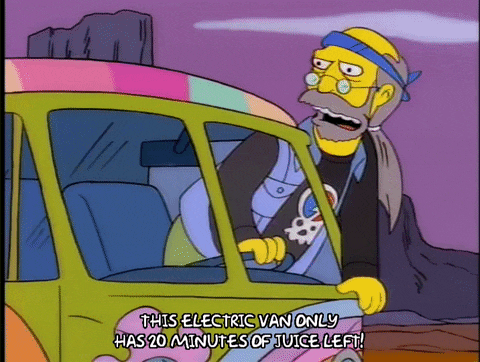
Government Consults Fleet Owners On Driving Licence Flexibility
The department for transport (DfT) has launched a consultation on the possibility of increasing the flexibility of driving licences in the fleet industry.
It’s aimed at solving potential issues with drivers needing to take additional testing to drive vehicles over a certain weight which is affecting some electrical vans and vehicles of similar weight.
Currently, anyone in the UK who holds a category B licence can drive a standard vehicle up to a maximum weight of 3,500kg or an alternative fuel van with a maximum weight of 4,250kg.
But the 3,500kg threshold for a large van means they’re classed as an HGV for the purposes of legal requirements, which means a higher class of licence is required.
The issue is that alternatively-fuelled vehicles such as hybrid and electric vans are heavier compared to standard petrol and diesel vans.
That’s because of the additional weight of batteries and other components, despite the vans being of the same size and appearance as diesel and petrol versions.
In order to drive a vehicle above the 3,500kg weight limit, drivers must hold a category C or C1 licence.
But if all vans are electric in a few years when the switchover happens, it could put additional pressure on fleets to pay for additional driver training, medical examinations, and certification.
What do you think of the potential relaxing of driving licence rules in light of the weighting classification issues with electric and alternative fuel vehicles? Let us know at [email protected]

